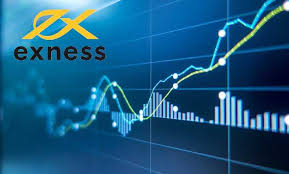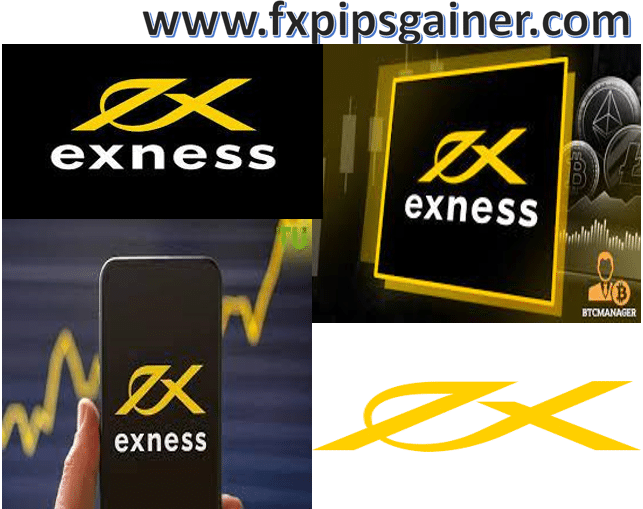
Understanding Competitive Exness Fees
When it comes to trading in the financial markets, understanding the fee structure of your chosen broker is crucial for your overall profitability. This is especially true for Exness, a brokerage that has gained significant popularity for its competitive fees and transparent pricing model. In this article, we’ll take an in-depth look at the competitive Exness fees, including spreads, commissions, and trading conditions that can affect your trading experience. For more insights into financial transactions, you can check out Competitive Exness Fees https://vikingswap.finance/.
What Are Exness Fees?
Exness fees encompass a range of costs that traders incur when using the platform. These fees can include:
- Spreads: The difference between the buy and sell price.
- Commissions: Fees charged on certain trading accounts or types of trades.
- Overnight Fees: Also known as swaps, these are charges for holding positions overnight.
- Deposit and Withdrawal Fees: Charges related to funding or withdrawing from your trading account.
Competitive Spreads
One of the most attractive features of Exness is its competitive spreads. The spreads vary by account type and the financial instruments traded. For example, the Standard account typically offers spreads starting from 0.3 pips on major currency pairs. This is particularly beneficial for scalpers and day traders who require tight spreads to maximize their profits.
On the other hand, the Pro account offers even tighter spreads, sometimes as low as 0.0 pips, but this comes with a commission on trades. This structure can be advantageous for more experienced traders who prefer trading with lower spreads and can effectively manage commission costs.

Commission Structures
While many brokers are known for their commission-free trading, Exness employs a mixed model. Commissions apply primarily to users of the Pro account, where a predetermined commission is charged per traded lot. Generally, this commission is approximately $3.5 per lot for forex trades.
For those using the Standard account, trading typically occurs without commission charges, but users might face slightly higher spreads. The choice between these account types largely depends on your trading style; if you place many trades throughout the day, opting for a Pro account with its lower spreads and clear commission fees may be more cost-effective.
Understanding Overnight Fees
Overnight fees, or swaps, are another important consideration. Exness applies these fees to positions held overnight, and the amount can vary based on the currency pair traded. Traders should be aware that swaps can be either positive or negative, depending on the direction of the position.
For instance, buying a currency pair may incur overnight fees, while selling could offer a small gain. Traders who wish to avoid these fees can look for accounts that offer swap-free trading options, which is particularly beneficial for Islamic traders seeking to comply with Sharia law.
Deposit and Withdrawal Fees

Exness aims to provide a seamless experience in funding accounts and withdrawing profits. Most deposit methods, including credit cards, bank transfers, and e-wallets, are free of charge. However, it’s essential to check whether your chosen payment method incurs any fees, especially if using third-party services.
Withdrawals are generally free as well, but the processing times and conditions can vary based on payment methods used. Understanding these aspects can help you manage your trading funds better and avoid unexpected costs.
Comparing Exness Fees to Other Brokers
To determine how competitive Exness fees are, it’s insightful to compare them with other brokers in the market. While some brokers may offer lower spreads, they might make up for it through higher commission fees, or their trading conditions may not be as favorable.
For example, brokers like IC Markets and Pepperstone offer similar models but may have varying costs associated with specific trading accounts. Therefore, it’s essential to evaluate the total cost of trading, not just the spreads or commission individually.
Conclusion
In conclusion, Exness provides a variety of competitive fee structures that cater to different types of traders, whether you prefer low spreads, commission-free trading, or the flexibility of swap-free accounts. Traders should carefully analyze their trading strategies and select the account type that best aligns with their trading style. Ultimately, understanding the competitive Exness fees can enhance your trading experience and profitability. Always make sure to stay updated with any changes in fee structures to make informed trading decisions.